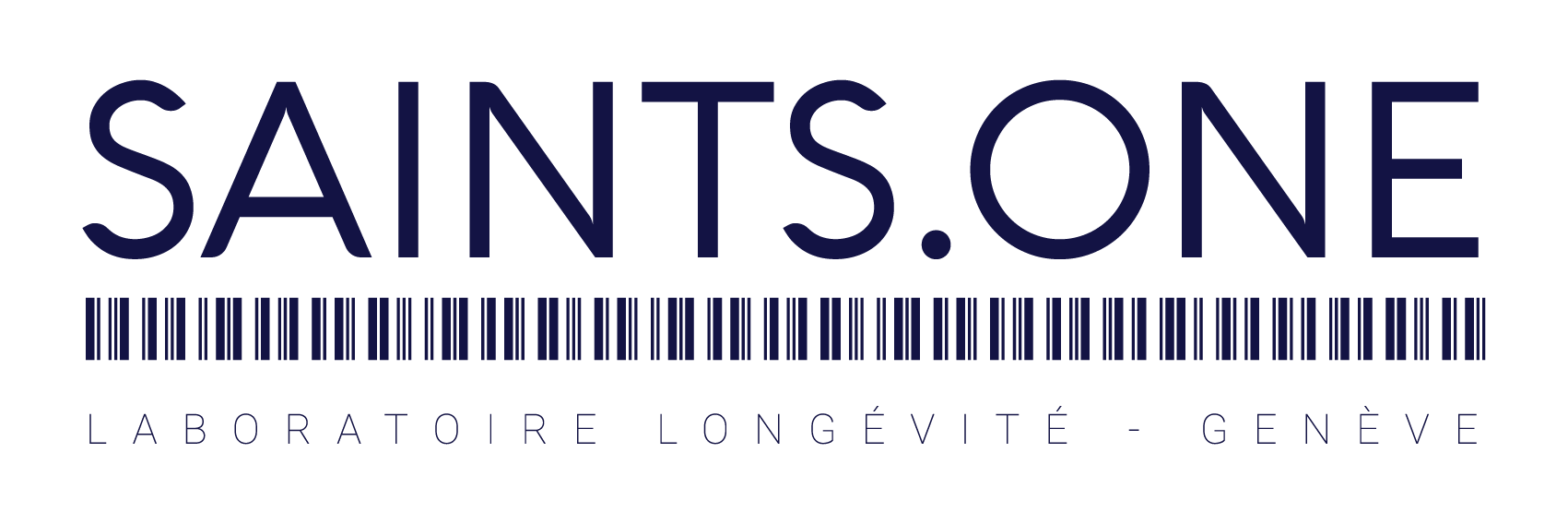Astaxanthin is a naturally occurring carotenoid pigment found in various marine organisms, such as microalgae, salmon, and crustaceans. It has gained attention in recent years due to its potential benefits for longevity, slowing aging, and promoting overall health. While more research is needed to fully understand the mechanisms and extent of these benefits, several studies have indicated potential positive effects. Here are some key findings:
- Antioxidant properties: Astaxanthin has potent antioxidant capabilities, which can help reduce oxidative stress and free radical damage in the body. Oxidative stress has been linked to aging and various age-related diseases (Park et al., 2018). As an antioxidant, astaxanthin can neutralize free radicals and reduce inflammation, potentially contributing to improved health and longevity (Davinelli et al., 2018).
- Anti-inflammatory effects: Inflammation is a key factor in the development of chronic diseases and aging. Astaxanthin has been shown to modulate inflammatory pathways, potentially reducing the risk of age-related diseases such as cardiovascular disease, diabetes, and neurodegenerative disorders (Fassett & Coombes, 2011).
- Cardiovascular health: Some studies suggest that astaxanthin may benefit cardiovascular health by reducing oxidative stress and inflammation, improving blood lipid profiles, and promoting blood flow (Cicero et al., 2017). These factors may help lower the risk of heart disease and other cardiovascular issues.
- Brain health: Astaxanthin has demonstrated neuroprotective properties, which could help maintain cognitive function and prevent age-related decline (Grimmig et al., 2017). Its ability to cross the blood-brain barrier allows it to exert antioxidant and anti-inflammatory effects in the brain, potentially reducing the risk of neurodegenerative diseases like Alzheimer’s and Parkinson’s (Wang et al., 2020).
- Skin health: Research indicates that astaxanthin may improve skin health and slow down the aging process by protecting against UV-induced damage, reducing inflammation, and promoting collagen synthesis (Tominaga et al., 2012).
- Exercise performance and muscle recovery: Some evidence suggests that astaxanthin supplementation may enhance exercise performance, reduce muscle damage, and improve muscle recovery in athletes (Earnest et al., 2011). This could potentially lead to better overall health and longer-lasting physical function.

